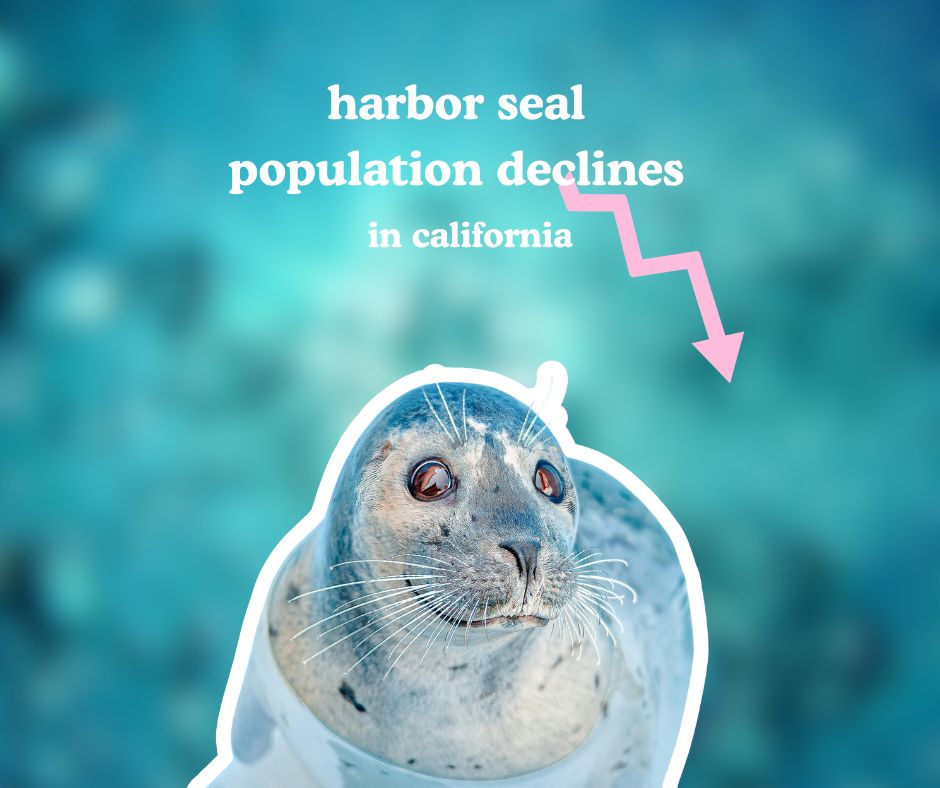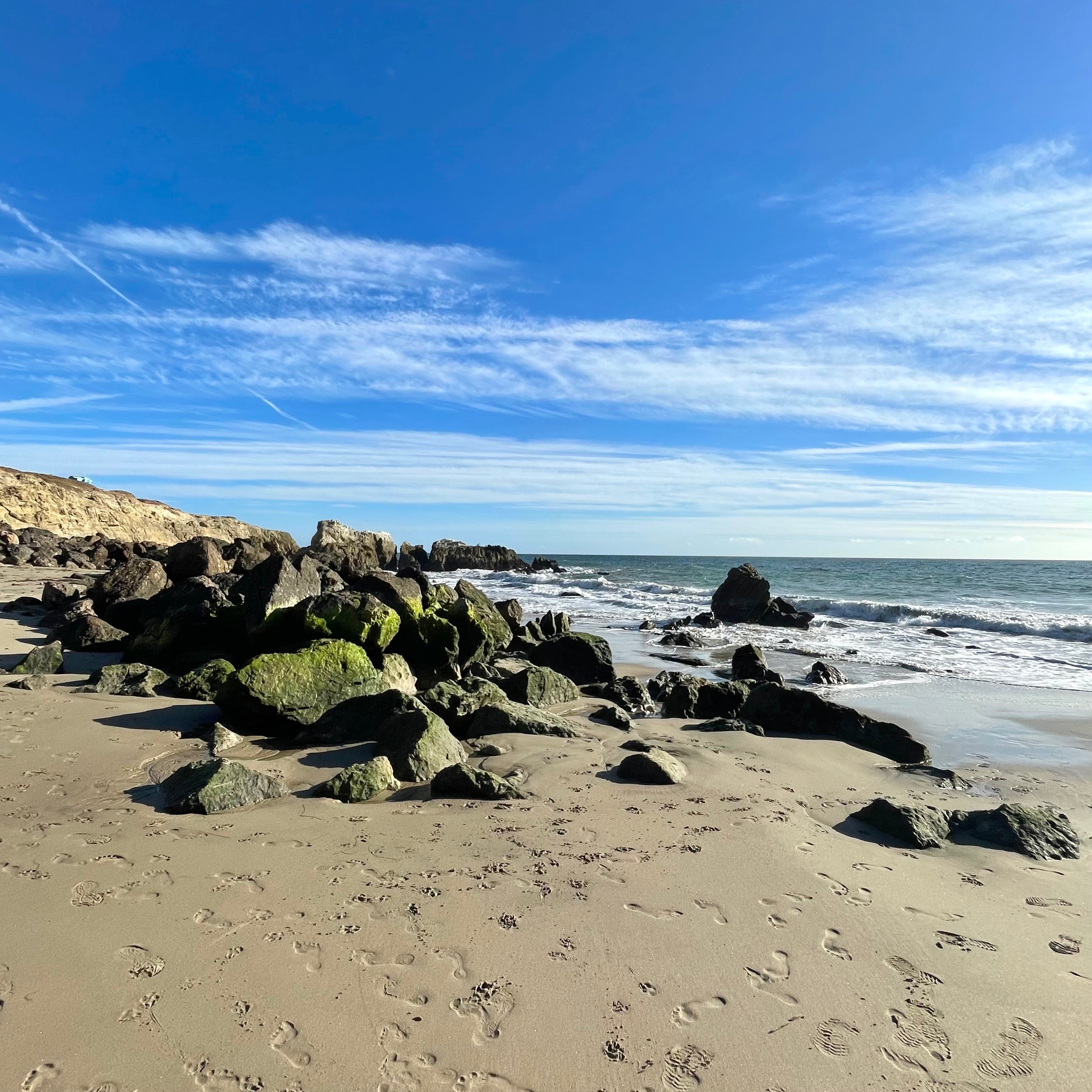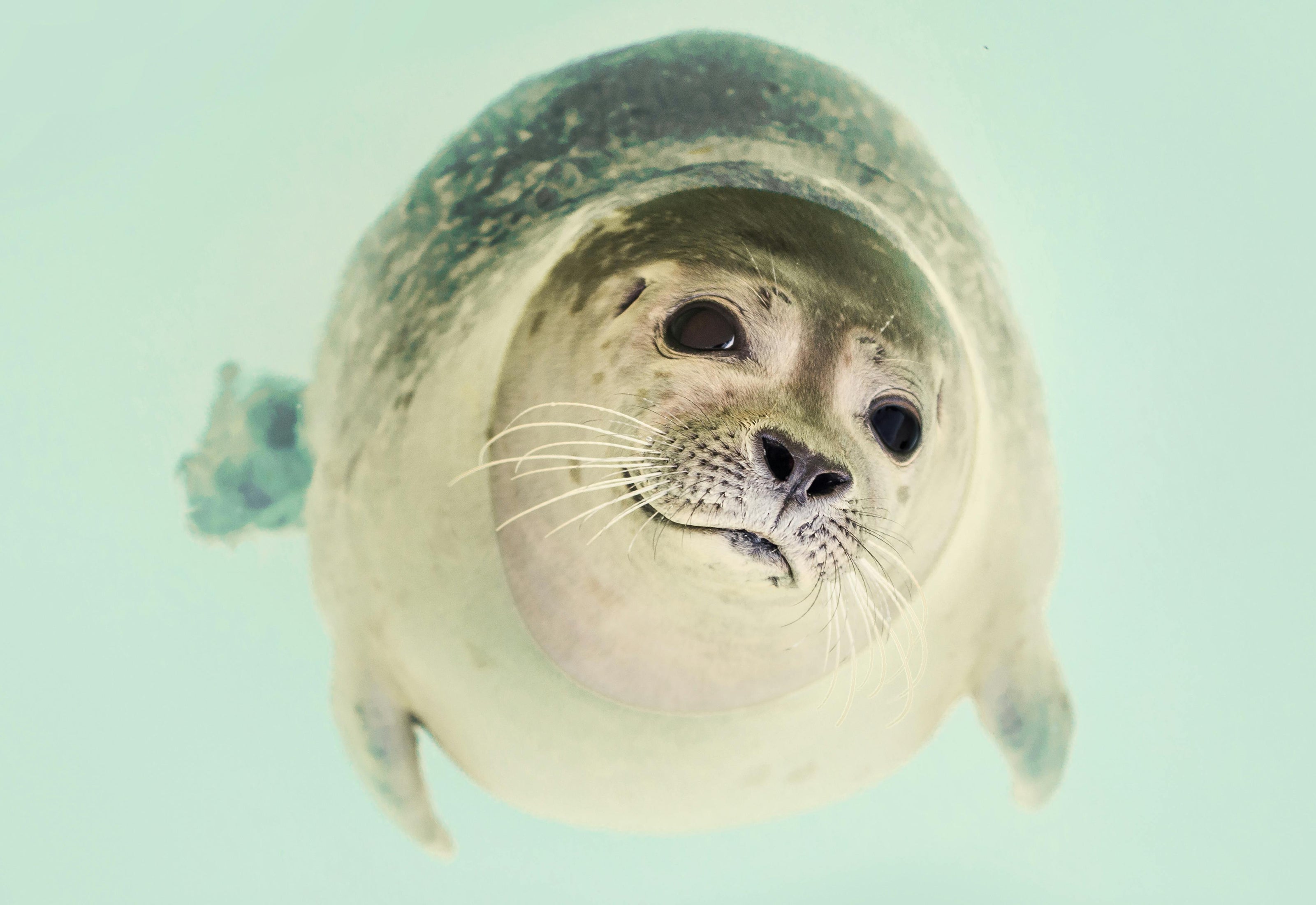Harbor seal populations are on the decline in California - what can we do to help?
Katie PelonShare
Aquarium of the Pacific (Long Beach, CA) has released its first Marine Species Report Card for the coast of California, and it reveals that harbor seal numbers are on the decline.
Harbor seals are found along both the west and east coasts of North America, as well as in Europe and Asia. They are known to remain in the same general area where they were born throughout their lives, making it possible to monitor their populations over time.
As top predators, harbor seals are susceptible to poisoning from biotoxins in harmful algae blooms, toxin accumulation from their prey, and chemical contaminants. They also are frequently disturbed by humans (and dogs) at their resting sites where they haul out to give birth, raise their young, and molt their fur.
Monitoring by community science programs and the National Park Service has shown an average decline of 3.5% per year in harbor seal populations over the past 25 years. This data is from the North Central Coast and Central Coast programs, however data for the South Coast (including LA County) was not available.
Programs like the Carpinteria Seal Sanctuary have also shown a concerning decline in harbor seal populations, which has pushed them to request that the breeding site be closed year-round to prevent human disturbance.
What can we do to help our seal neighbors? ⬇️
- Respect their space: Stay at least 100 yards (the length of a football field) away from marine mammals, including seals.
- Minimize disturbances: Anything that changes a seal’s natural behavior can stress them, including loud noises, dogs, and getting too close. A startled seal can flee back into the water, wasting a lot of energy and putting themselves in danger of predators.
- Report sick or injured marine mammals: There are many marine mammal rescue organizations along the West Coast ready to help. Report concerns to the hotline at 1-866-767-6114.
- Spread the word: Get to know the Marine Mammal Protection Act (MMPA) guidelines so you can share responsible viewing guidelines with friends and family.
Are you interested in volunteering to monitor harbor seal populations? If you’re in LA or Orange County, let’s talk!
I’m developing a community science program to monitor our local seals, helping build critical datasets that can inform future conservation decisions.
Comment here or send me an email at katie@environerd.com if you’re interested! 💗



